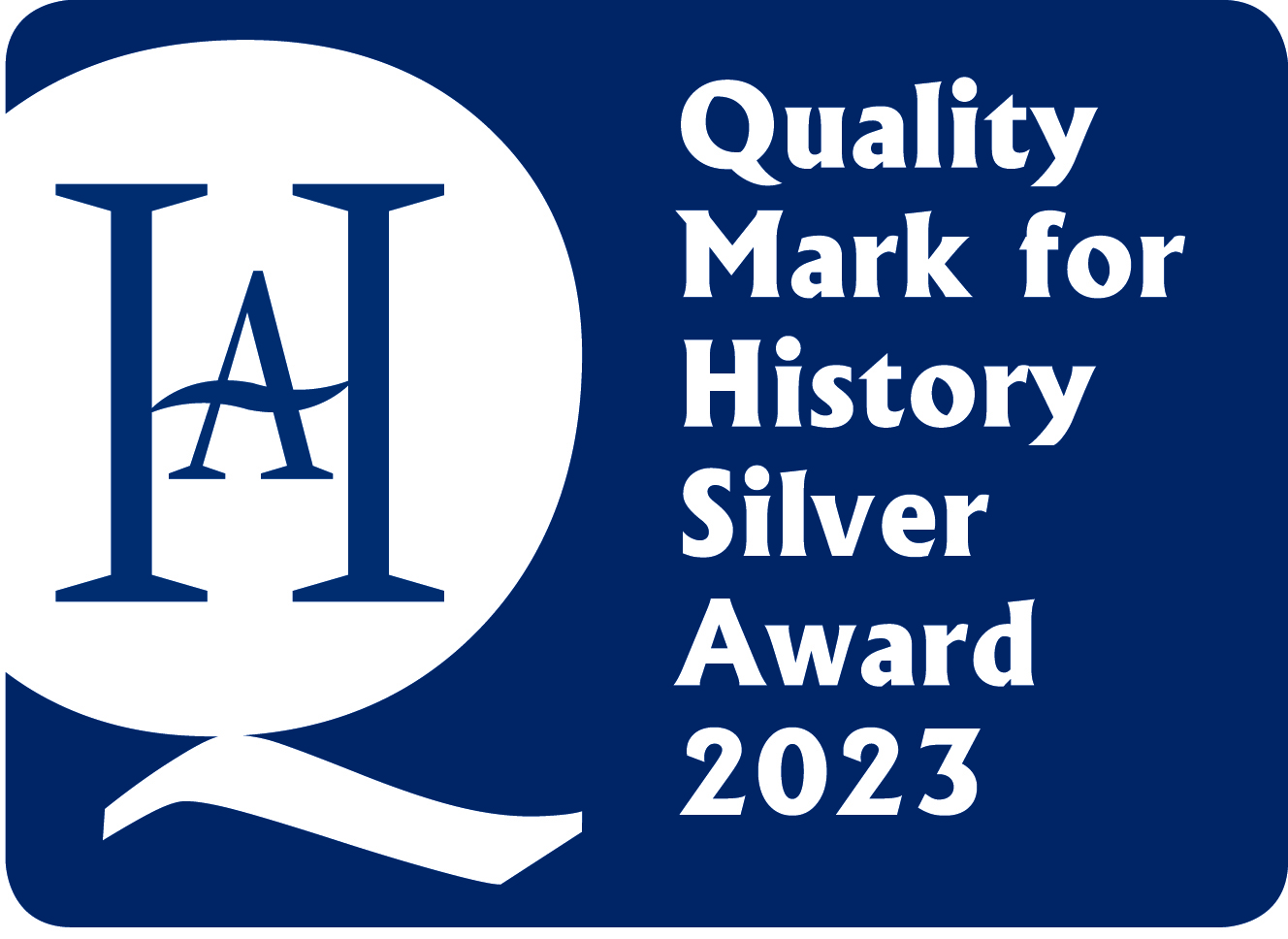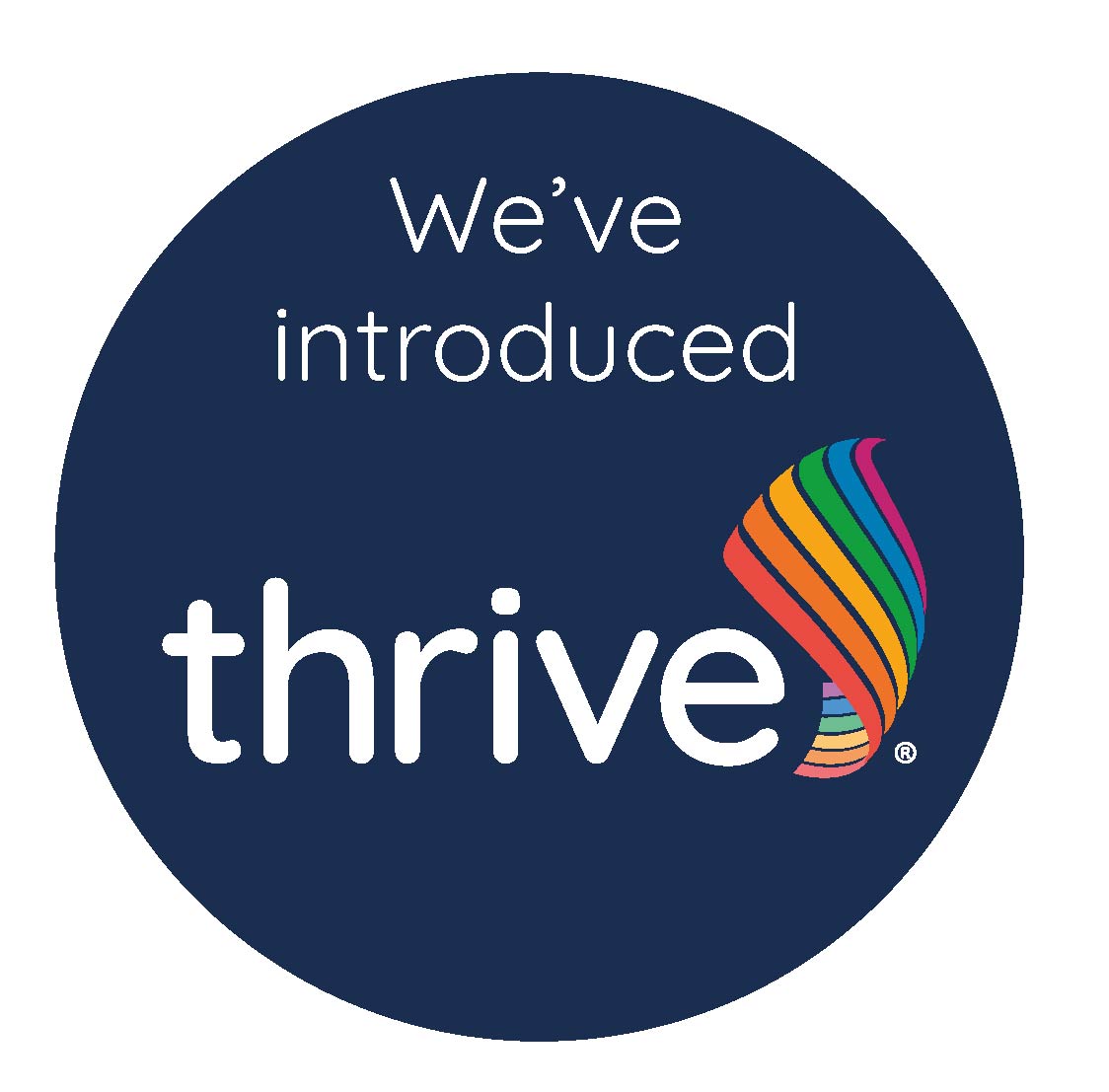Science



Curriculum Intent
All students in Consilium are without exception entitled to a world class education that is holistic, ambitious and aspirational. Our goal in science is to ensure all pupils have the same opportunities to reach their potential, regardless of background, gender, sexual orientation, or ability.
Almost everything in our lives and the world around us can be explained using science. Our young people will develop a sense of excitement and curiosity about natural phenomena by creating opportunities for increasing scientific knowledge, the development of practical skills, the immersion into science capital, as well as to develop pupils’ deeper thinking/reflection abilities.
It is vital that we prepare our young people so that they are empowered to become engaged, positive and respectful citizens, through a dedicated focus on personal and professional development within the science curriculum. We aim to empower students to be able to use their science knowledge and skills to form their own opinions and make informed choices around ethical and controversial issues such as abortion, use of stem cells, use of vaccinations, climate change, biodiversity, single use plastic, pollution, renewable energy resources and healthy eating to name only a few examples.
We are responsible for ensuring our young people are confident to pursue ambitious next steps in education, employment or training which will support their future careers. Careers linked to the science curriculum are highlighted and periodically discussed in lessons as indicated in the MTPs, and the transferable skills covered in science are made explicit.
STEM opportunities are offered to pupils as often as possible, including after school clubs, in class workshops, assemblies, taking part in national themed days/weeks, opportunities to achieve a CREST award etc. at both a school and trust level.
Through a carefully sequenced curriculum, based on the Best Evidence Science Teaching research (by York University), we introduce the big concepts early, so we can revisit them over time, to thoughtfully deliver a wealth of scientific knowledge to our students.
We link lessons to the “Why This, Why Now?” question, relating to past and future learning both in science and across the wider curriculum, with specific links to careers and personal development. Through study in science, pupils will develop skills including literacy, numeracy, communication, problem-solving, analysis and evaluation.
At Key Stage 3, our goal is to ignite the passion for scientific enquiry and provide the fundamental knowledge and understanding to support pupils’ progression through their science learning. We strive to engage pupils in learning through hands-on practical experience and laboratory investigations, which can extend beyond the requirements of the National Curriculum.
As pupils move through to Key Stage 4, the curriculum builds on the skills mastered at KS3. Pupils are challenged to work and think more independently, reflect critically on their learning, and to evaluate areas for personal improvement. Students are required to use specialist terminology confidently and apply scientific concepts to different situations.
During KS4, pupils build the confidence, skills and knowledge they need to successfully progress onto their chosen Keys stage 5 pathway.
KS3 Curriculum Overview
Click on the document at the bottom of this page to view an easy-read version of the full curriculum overview.



GCSE Combined Science (Dual Award)
Overview
In science, pupils will study AQA Trilogy Combined Science. This course aims to provide pupils with the fundamental knowledge and concepts in Biology, Chemistry and Physics with the goal that pupils can apply what they learn to real-life situations or take them on to further study. Alongside this, the course aims to develop scientific skills such as planning, correct and safe use of scientific apparatus, recording of evidence, presenting scientific information, developing conclusions, and critically evaluating scientific technique and data. Pupils should appreciate the importance that science plays in everyday life and the role science plays in many sectors of employment. Science is an essential subject for all pathways post-16.
Topics
Combined Science is split up into Biology, Chemistry, and Physics. Pupils will study the following units over the length of the course.
- Biology: Cell Biology; Organisation; Infection and Response; Bioenergetics; Homeostasis and Response; Inheritance, Variation and Evolution and Ecology.
- Chemistry: Atomic Structure and the Periodic Table; Bonding, Structure, and the Properties of Matter; Quantitative Chemistry; Chemical Changes; Energy Changes; Rate and Extent of Chemical Change; Organic Chemistry; Chemical Analysis; Chemistry of the Atmosphere and Using Resources
- Physics: Energy; Electricity; Particle Model of Matter; Atomic Structure; Forces; Motion; Waves and Magnetism and Electromagnetism.
KS4 Curriculum Overview
Click on the document at the bottom of this page to view an easy-read version of the full curriculum overview.


Course Structure
Pupils can complete Combined Science at either higher or foundation level. A higher grade could range from 4-9 and a foundation grade ranges from 1-5. Much of the content is the same and pupils will be entered for the tier which we feel will give them the best possible outcome regardless of set or target and pupils may be moved up or down tiers depending on performance throughout the duration of the course.
Combined Science is made up of a total of six exams, each 75 minutes in length. There will be two exams to cover content from each Biology, Chemistry, and Physics. The GCSE is 100% assessed on these six external exams at the end of the course and a final grade will be a combined total of the scores from each exam.
Click here to view the Combined Science Specification
If you require any further information or have any questions, then please contact Mrs Fenwick on heworthgrangeenquiries@consilium-at.com
Triple Science - GCSE Physics, GCSE Chemistry and GCSE Biology
Overview
Should pupils opt to study triple science, they will be working towards achieving 3 separate science GCSEs – GCSE Biology, GCSE Chemistry and GCSE Physics. To do this they will use both the core/dual science lessons other pupils have and one set of options lessons. Triple science follows AQA GCSE Biology, Chemistry and Physics specifications.
This course aims to provide pupils with a broad knowledge of the key concepts in Biology, Chemistry and Physics. If follows a similar structure to Dual Award Science but offers more depth into each topic and some additional topics also. The goal is that pupils can apply what they learn, so they can offer well-thought-out and constructed opinions on scientific issues as well as apply any science needed to understand the world around them. Alongside this, the course aims to develop scientific skills such as planning, correct and safe use of scientific apparatus, recording of evidence, presenting scientific information, developing conclusions, and critically evaluating scientific technique and data. Pupils who opt for triple science need to have an interest in the subject and a desire to learn more about explaining the world around them. Science is an essential subject for all post-16 pathways, triple science is particularly useful for anyone one wishing to study Biology, Chemistry, Physics or Engineering at A Level.
Topics
Pupils will study the following units over the length of the course:
- Biology: Cell Biology; Organisation; Infection and Response; Bioenergetics; Homeostasis and Response; Inheritance, Variation and Evolution and Ecology.
- Chemistry: Atomic Structure and the Periodic Table; Bonding, Structure and the Properties of Matter; Quantitative Chemistry; Chemical Changes; Energy Changes; Rate and Extent of Chemical Change; Organic Chemistry; Chemical Analysis; Chemistry of the Atmosphere and Using Resources
- Physics: Energy; Electricity; Particle Model of Matter; Atomic Structure; Forces; Motion; Waves and Magnetism and Electromagnetism, Space Physics.
Each unit has additional content to Dual Award, and Space Physics is an additional topic.
KS4 Curriculum Overview
Click on the document at the bottom of this page to view an easy-read version of the full curriculum overview.


Course Structure
Pupils can complete each of the three science GCSEs at either higher or foundation level, they are independent of each other. A higher-grade ranges from 4-9 and a foundation grade ranges from a 1-5. Much of the content is the same and pupils will be entered for the tier which we feel will give them the best possible outcome regardless of set or target and pupils may be moved up or down tiers depending on performance throughout the duration of the course.
Each of the three GCSEs is assessed by two exams, which are 1hr 45 minutes in length (a total of 6 x 1hr45min exams). Each GCSE is 100% assessed on these 2 external exams at the end of the course and a final grade will be a combined total of the scores from each exam. They will receive three independent grades.
Additional Information & Who to contact
Click here to view the Triple Science Specification
If you require any further information or have any questions, then please contact Mrs Fenwick on heworthgrangeenquiries@consilium-at.com






